Earlier this month, the Japanese government said it would start conducting “test tourism” in the form of limited package tours in May as a way of gathering information prior to a full reopening of the country to tourism.
The Japan Tourism Agency said that it would start allowing small group tours to enter from later this month as “test cases” to gain information for a broader resumption of tourism at an unspecified future date.
Tourists who have been triple-vaccinated and come from the United States, Australia, Thailand and Singapore will be allowed to take part in the tours, which will be strictly planned in conjunction with travel agencies and accompanied at all times by tour conductors.
The move to receive foreign tourists comes as the country faces a growing pressure from the international community and domestic businesses to reopen the border.
Japan will not allow individual tourists for the time being. However, since March 1, controls have been relaxed on entries for businesspeople, foreign students, technical intern trainees and others entering for non-tourism purposes.
Now, what happens if you get Covid-19 while travelling in Japan?
I found this detailed explanation on Tokyo Cheapo. This article came out in April, so things may have changed in the menatime.
All in-coming passengers are required to take a saliva test (or nasal swab) which is free of charge.
This story is about a Japanese currently living in Australia who recently returned to Japan for a 3-week trip. He tested positive for Covid-19 at the airport even though he had tested negative prior to boarding. “You are taken to a waiting area and asked further questions on your health, i.e. any symptoms, etc.”
“Following this, they double check your travel documents and clear you for immigration. After waiting a while, you are then put on a shuttle bus and taken to your hotel facility for quarantine.”
If, during your stay in Japan, you are sensing the onset of any symptoms such as a sore throat, cough, and certainly fever, it is recommended to first contact a local consultation center (in English and several languages) for advice. They may direct you for assessment and/or a PCR test, generally free of charge, at a designated clinic or hospital near you. You should receive PCR test results in 24 hours or so, by phone, email or text.
Do I have to quarantine if I test positive?
Yes, if you test positive for COVID-19 as a traveler (under 65 years and without a serious underlying illness), you’ll probably be required to quarantine at government-designated accommodation. Currently, ‘home quarantine’ is only available to those residing in Japan and who have the means of returning home without using public transportation.
The health department “hokensho” of the region you’re in (link in Japanese) will generally be responsible for arranging this, and you should be contacted with more instructions.
Do I have to pay for hotel quarantine?
Accommodation, food, testing, and transport have been free of charge for in-coming Japanese citizens, foreign national workers, and those residing/ traveling within Japan. This could be subject to change with each facility and with the entry of tourists to Japan.
What is hotel quarantine like?
There’s not a lot to love about staying in a roughly 10m² box for a whole week. Here are a few things to expect about hotel quarantine in Japan.
No alcohol and no cigarettes
No cleaning service or washing machine. I had to hand-wash my clothes and find creative places to dry them!
Wi-fi (generally should be available)
Room phone to contact the hotel staff / nurse
Private bathroom included
May or may not have a window that opens
Three meals a day, typically bento, with rice as a main, and stewed meat, fish, pickles etc. Drinks such as water, coffee and juice, and extras such as cup noodles may be provided. The meals may be delivered to your door, or there may be a pick-up system from an ‘amenity room’.
Do I have to report my health?
Yes, a nurse should provide instructions but you’ll be given a thermometer to measure your temperature, and a pulse oximeter to monitor your heart rate and oxygen levels. You may also be given a self-reporting form or table to keep track of your symptoms, and you’ll fill out an online health questionnaire two times a day (e.g. morning, afternoon).
This was the daily routine I experienced during my hotel quarantine:
7:30am Breakfast
8:00am Health check report
12:00pm Lunch
1:30pm Health check report
6:00pm Dinner
How does Covid-19 affect travel plans?
Even with our best efforts to avoid it, getting COVID-19 is a real possibility. Due to quarantine, you may need to cancel booked activities, accommodation, transport and potentially reschedule your return flights too. This is why it’s important to make sure you have suitable travel and health insurance (that explicitly covers COVID-19), as well as check for flexible booking/cancellation options where possible.
Contact Numbers
MHLW Call Center (toll free)
0120-565-653 (for COVID-19 related queries, but not for medical advice.)
Everyday including weekends and holidays. English, Chinese, Korean, Portuguese and Spanish: 9:00-21:00, Thai: 9:00-18:00, Vietnamese: 10:00-19:00
City of Tokyo Hotel Recuperation Registration Helpdesk
03-5320-5997 (for discussing government designated hotel quarantine, in English)
9:00-16:00 Mon – Fri
TELL (Tokyo English Lifeline)
03-5774-0992 (for support and counseling)
9:00-23:00 Mon – Thurs
9:00-2:00(AM) on Fri, Sat and Sun (but see here for weekly hours)
If, on the other hand, you live in Japan, things have changed for the worse since I had my very close encounter with corona.
Because of the huge surge in infections at the end of 2021, the government ran out of stuff to distribute to those who were quarantining at home. In particular, it seems that people now are no longer receiving both food packages and the pulse oximeter mentioned both in the Tokyo Cheapo article and my story.

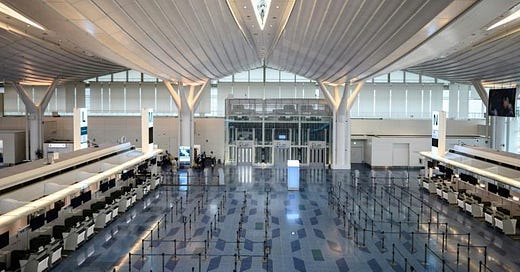




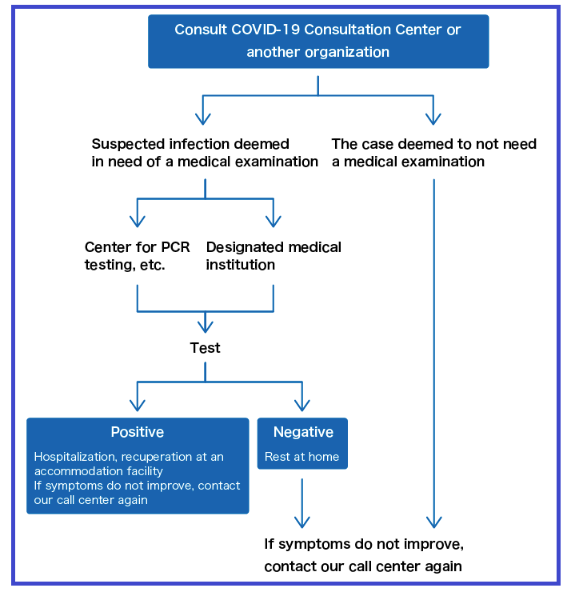
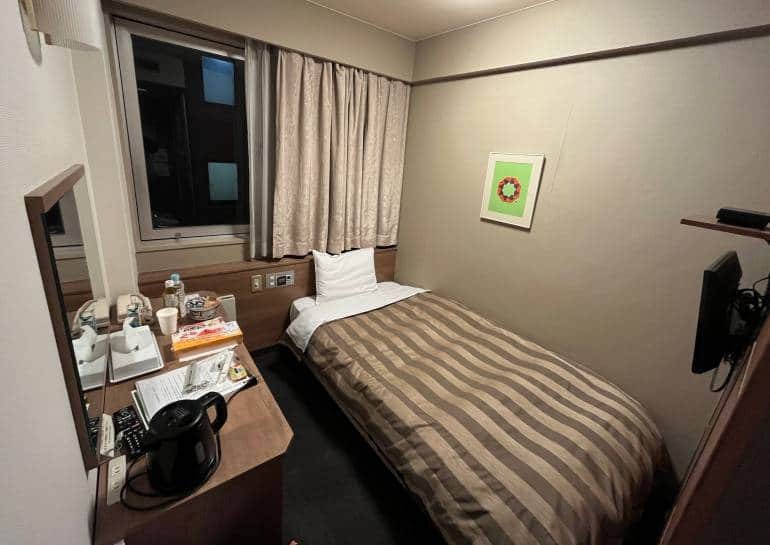

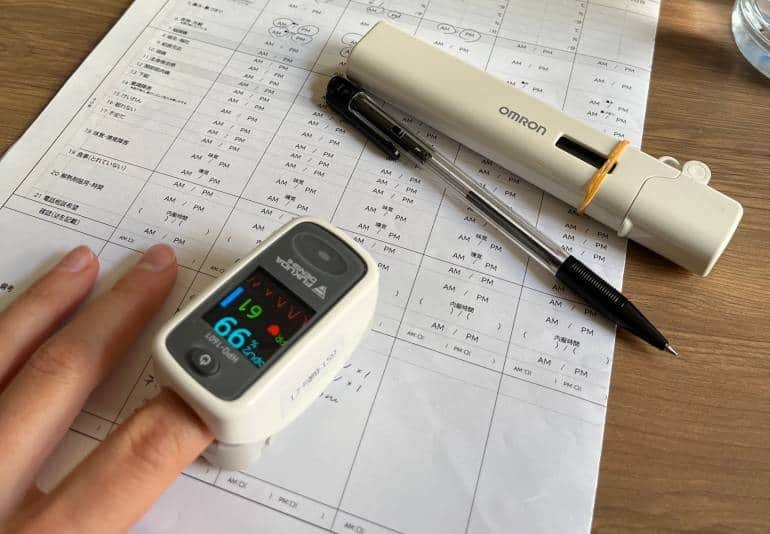
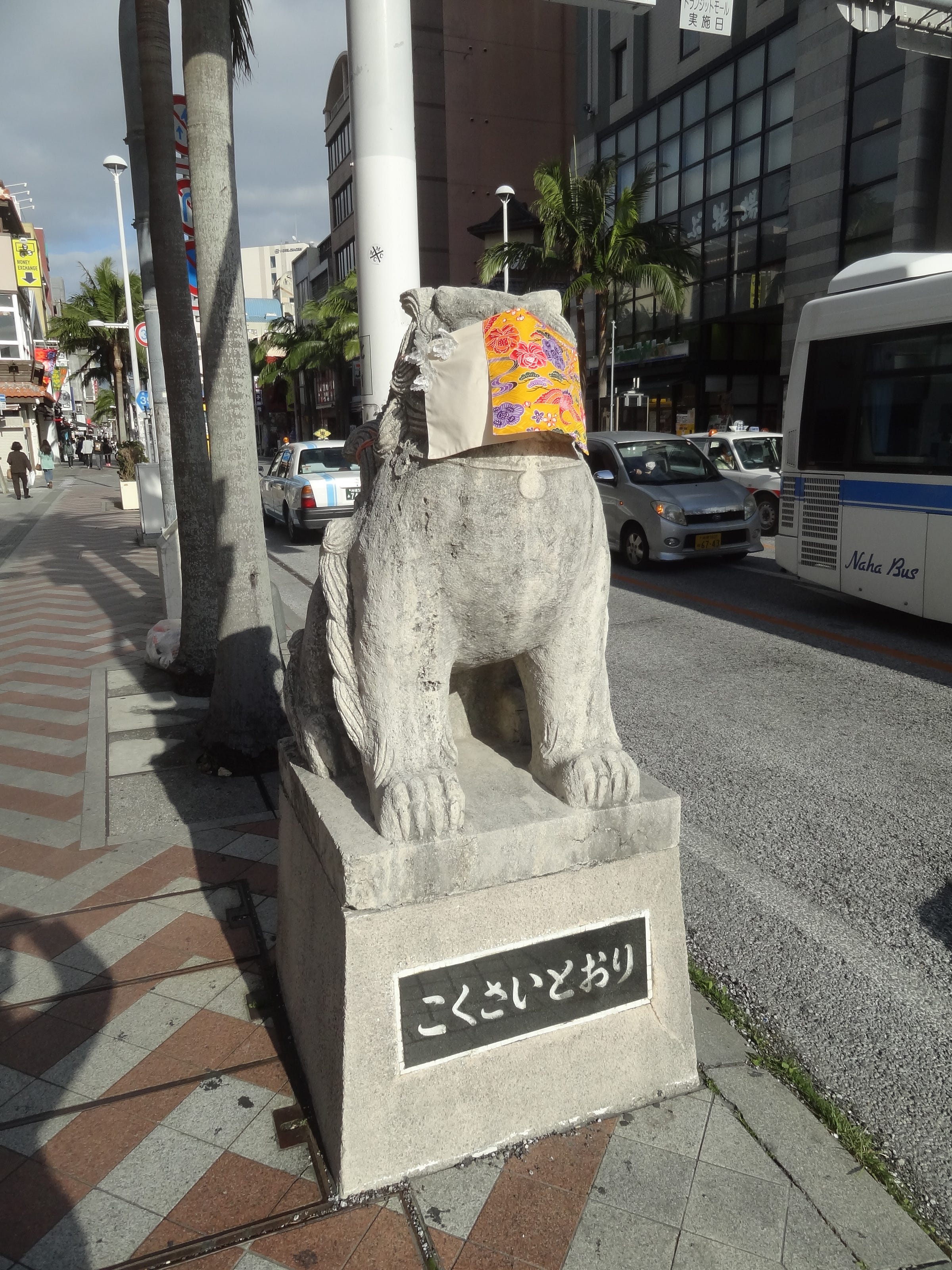
What an ordeal! Hope you and your family are all doing well, Gianni. Great information you’ve provided for anyone planning to travel your way.